Valzaar H
✅ Controls high blood pressure
✅ Prevents heart attacks
✅ Reduces stroke risk
✅ Enhances kidney functionality
✅ Limits heart failure symptoms
Valzaar H contains Valsartan and Hydrochlorothiazide
Valzaar H Tablet combines two medications to manage high blood pressure through different mechanisms. Untreated hypertension may result in serious complications including heart attacks, strokes, and kidney damage.
This medication can be taken with or without food, as directed by your physician. The prescribed dosage depends on your medical condition and response to treatment. Maintain a consistent dosing schedule and continue therapy until advised otherwise by your doctor. As it contains a diuretic component, you may experience increased urination – it’s recommended to avoid taking this medication within four hours of bedtime. Consistent use is essential for optimal results, even if you feel well, since hypertension often presents no symptoms. Discontinuing treatment may elevate your risk of cardiovascular events.
Common side effects include dizziness, fatigue, nausea, diarrhea, headaches, and low blood pressure. Note that frequent urination is an intended effect of the hydrochlorothiazide component rather than an adverse reaction. Rare but serious side effects may include increased eye pressure leading to potential vision impairment. Review the accompanying medication leaflet and consult your doctor about persistent or bothersome side effects, as dosage adjustments or alternative treatments may be available.
Avoid potassium supplements or salt substitutes without medical approval. This medication is contraindicated during pregnancy and breastfeeding. Consult your physician before use if you have kidney/liver impairment, cardiac conditions, or diabetes. Alcohol consumption may exacerbate blood pressure reduction and side effects.
USES OF VALZAAR H TABLET
- Hypertension (high blood pressure)
BENEFITS OF VALZAAR H TABLET
In Hypertension (high blood pressure)
SIDE EFFECTS OF VALZAAR H TABLET
Common side effects of Valzaar H
- Gastrointestinal disturbances (nausea, diarrhea, dyspepsia)
- Dysgeusia (taste alteration)
- Orthostatic hypotension
- Cephalalgia (headache)
- Asthenia (fatigue)
- Metabolic changes (hyperlipidemia, hyperuricemia)
- Electrolyte disturbances
- Glucose metabolism abnormalities
ADMINISTRATION GUIDELINES
MECHANISM OF ACTION
Disclaimer:
| Strength | 80 Mg and 12.5 Mg |
|---|---|
| Quantity | 30 Tablet/s, 60 Tablet/s, 90 Tablet/s |
| Pharma Form | Tablet/s |
| Manufacturer | Torrent Pharma |
| Treatment | High blood pressure |
| Generic Brand | Valsartan + Hydrochlorothiazide |
 Valzaar H
Valzaar H









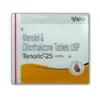








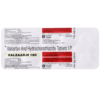
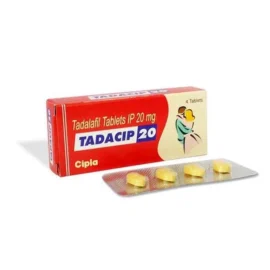
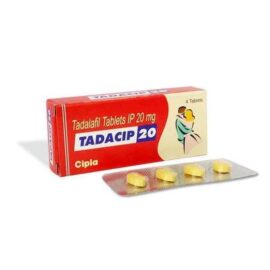




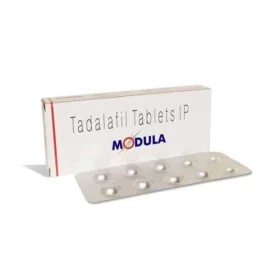
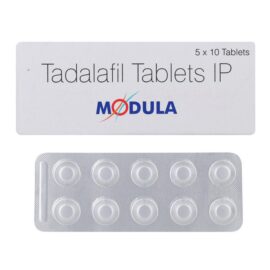
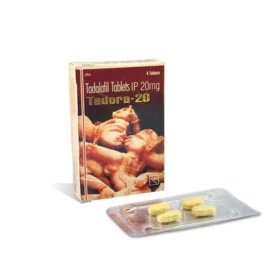
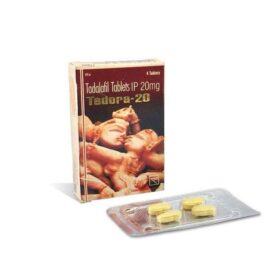
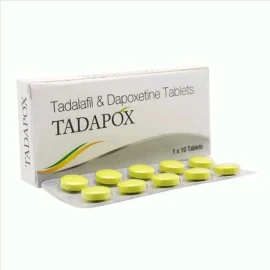
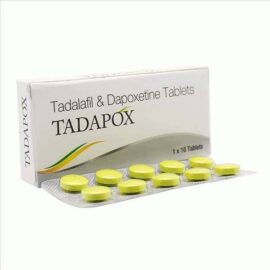
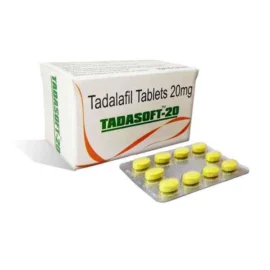
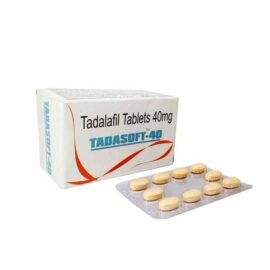


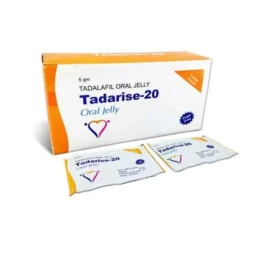
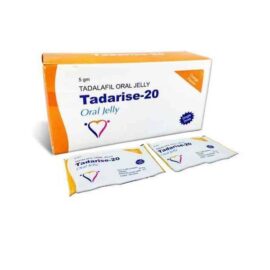
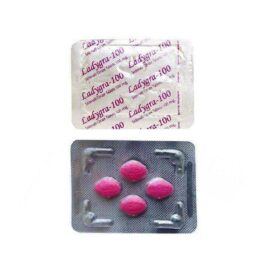

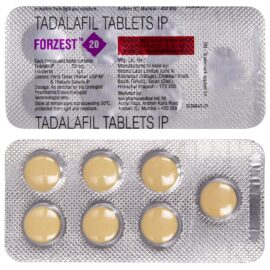

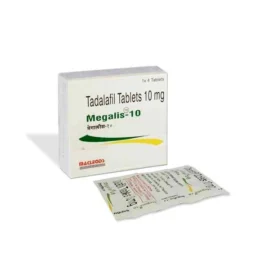
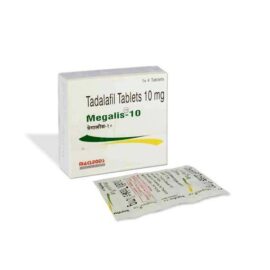
Reviews
There are no reviews yet